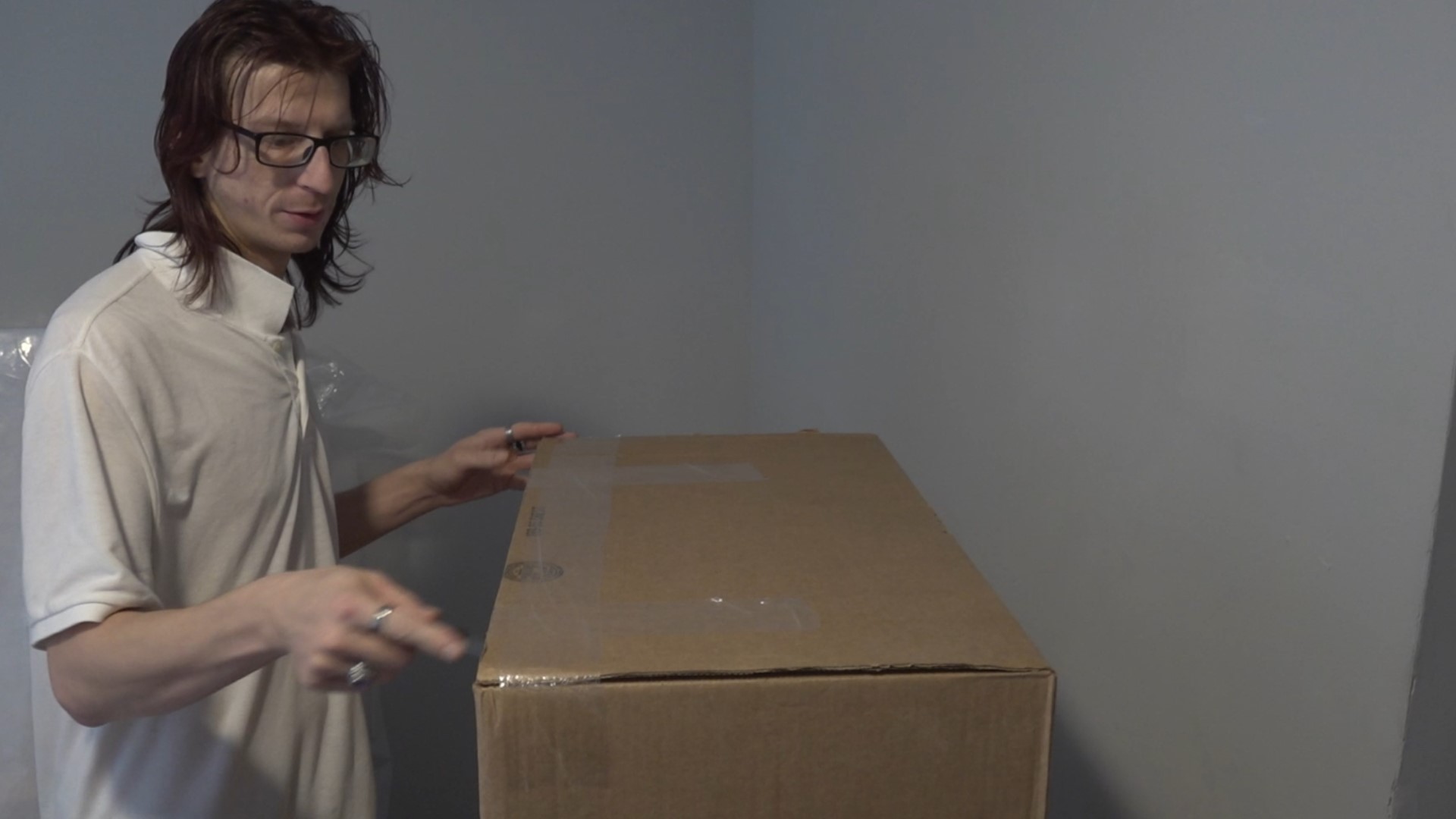ATLANTA — If there were a poster child for what Atlanta’s LIFT 2.0 initiative can do, Brandon would be a prime candidate.
11Alive met him a year ago living in an encampment nicknamed 'The Hill.' It’s a wedge of land thick with trees between Buford Highway and Interstate 85 -- or at least it was.
The city had already planned to move people out of the encampment but a fire last November expedited the process. About three dozen residents like Brandon were moved to a motel off Candler Road.
RELATED: City working on solutions aimed at ending homelessness after fire destroys Atlanta encampment
About a month later, Brandon was moving again, but this time into an apartment.
“I want to say I’d probably still be there if the fire ain’t got me out,” said Brandon reflecting on his journey the past few months.
Now out, Brandon hopes he never ends up homeless again.
LIFT’s goal last year was to help 250 people like Brandon -- that didn’t happen. The goal now is 600. As of mid-May, the program had assisted 186 people to get off the streets and into stable housing.

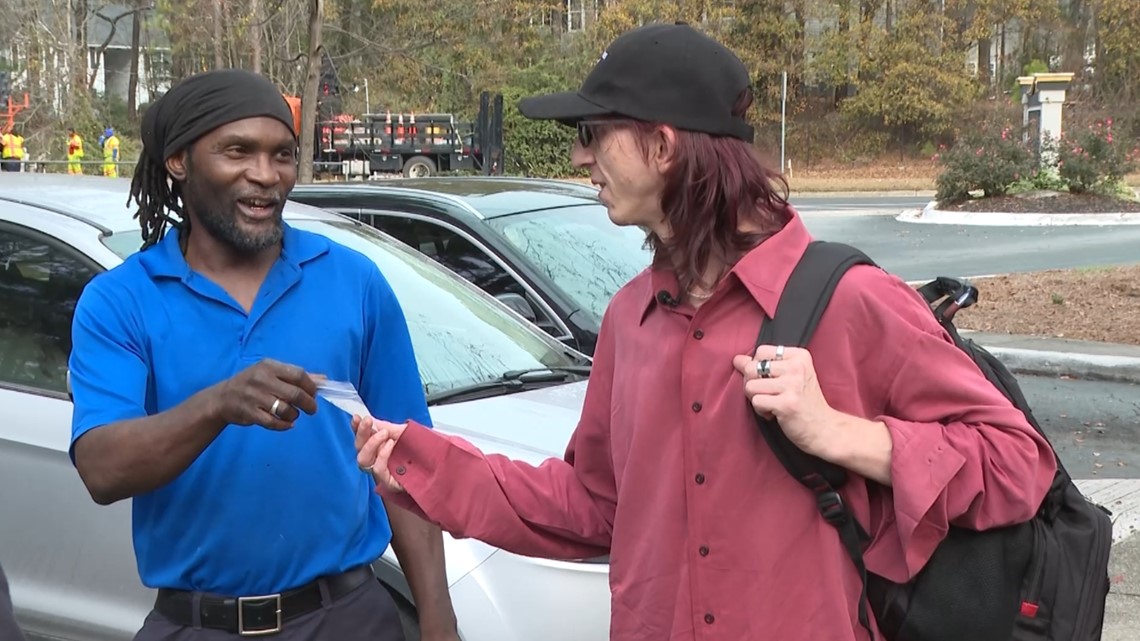
“I feel strongly we’re going to hit the 600 goal, I’m not ready to give that up just yet,” Partners for Home CEO Catheryn Vassell said.
Partners for Home is leading the effort, but Vassell admits, there’s one big problem getting in the way.
“We cannot find the units and secure the units,” explained Vassell. “We’re not asking for free rent. We’re going to be paying the rent.”

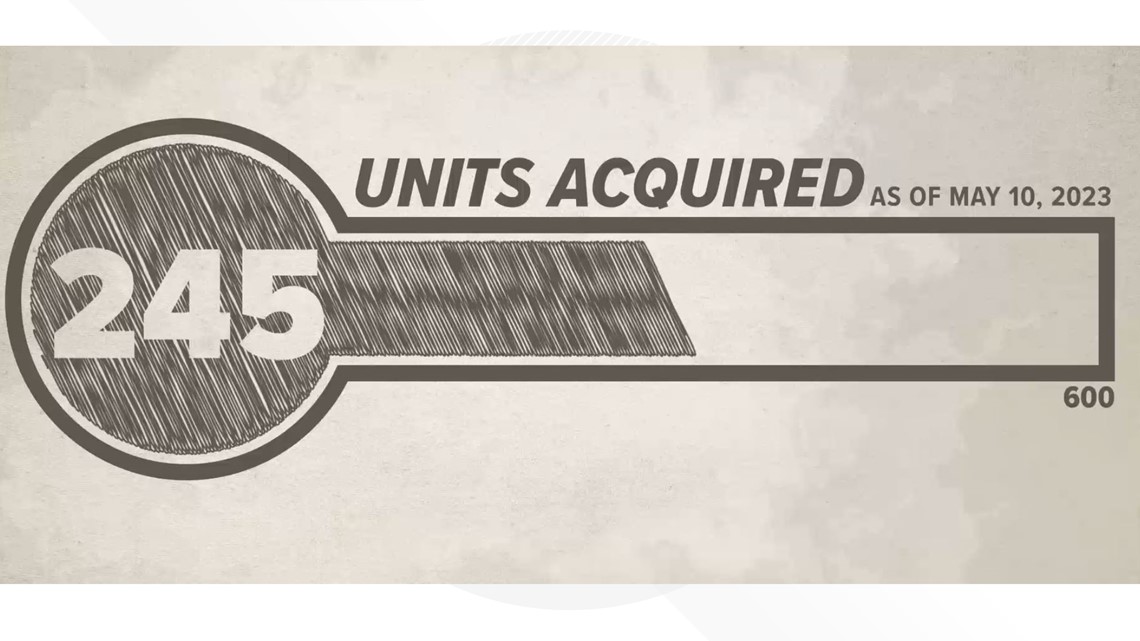
But LIFT 2.0 is capped by what it can pay each month for that rent since the program receives federal funding from Housing and Urban Development, or HUD. The average rent paid by the program for a one-bedroom unit is $1,164.
Vassell said they are studying how much more the program would have to pay to get better access to units in the current market. If feasible, they may try to fundraise to cover the gap.
When an encampment is scheduled for closure, caseworkers figure out what people need, whether it's connecting them with a family member or helping to get key documents. Until they can work that out, they move them to the motel.

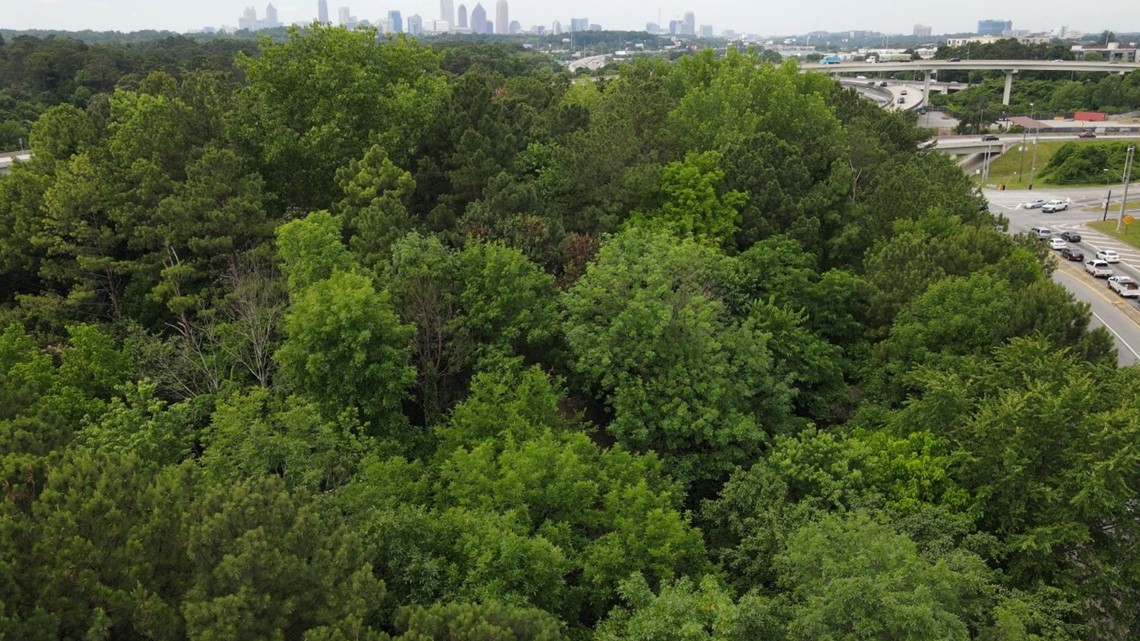
In the meantime, Partners for Home works with another organization, Open Doors, to track down apartment units to rent. Right now, it only has about a third of what it needs to make this year’s goal.
“We should be the Red Cross for homelessness in that we are responding in real-time with real-time solutions. The challenge is the funding and the resources and capacity to actually be able to make that happen,” said Vassell.
Not everyone who gets into the program gets approved for an apartment. Vassell said a person’s criminal background is usually the biggest factor.
“If it’s a recent violent felony, that could kick it back,” Vassell said. “Arson, sex offenders -- those are particularly challenging.”
For the past year, we’ve followed eight people who started out on 'The Hill.' Addiction, mental health, and fear impacted their success in the program.
“I’ve seen people literally kick themselves out,” said Rudolph, one of the men that agreed to let us follow his journey.
If Brandon is a poster child of success, Rudolph is its cheerleader.
“I’d encourage, in fact, I’d probably hand carry some people into a program like this if I knew this was available. Let me show you a better way, than that way. There’s another you out there, you just haven’t discovered it,” said Rudolph enthusiastically while standing outside the motel.

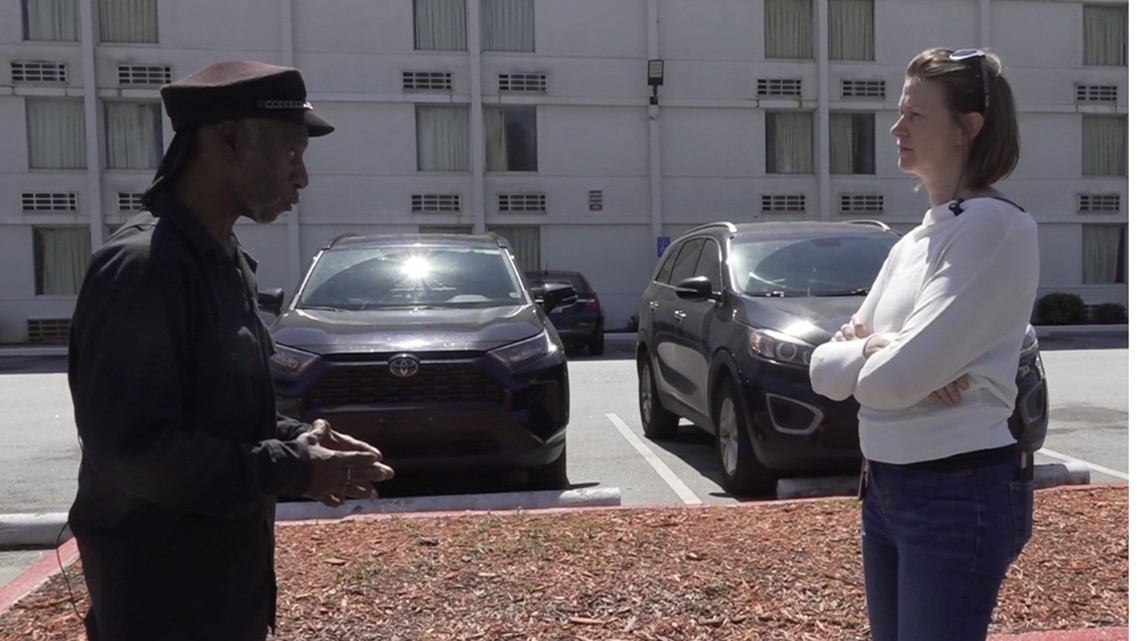
But availability is the issue right now. No apartments mean no room in the motel. No caseworkers to help people get their documents ready.
Tracy Thompson with the Elizabeth Foundation is reminded of the need daily.
“My phone blows up constantly, 'Tracy, help. How can I get in? I say, 'Patience. Get your documents,” she explains while walking through a maze of tents.
Thompson said despite the landscape that has had the trees bulldozed and trash removed, 'The Hill' isn’t gone, it just moved.
“So many people did not get housed. They had to go somewhere so this one grew,” said Thompson.
She has worked closely for years with those living at 'The Hill,' many still waiting for help.
“Some people don’t want help, but I do want help,” said Roberto, a man 11Alive met picking up trash around the encampment. “You’ve got to have patience."
The reality is without the city’s help Roberto could never make a down payment on an apartment. His health problems may keep him from ever working a full-time job.
“I do what I can. Clean up and help around the best way I can,” Roberto said.
Brandon said that’s what he’s doing too. He has a job but not enough hours. The program only commits to paying the rent in full for a few months.

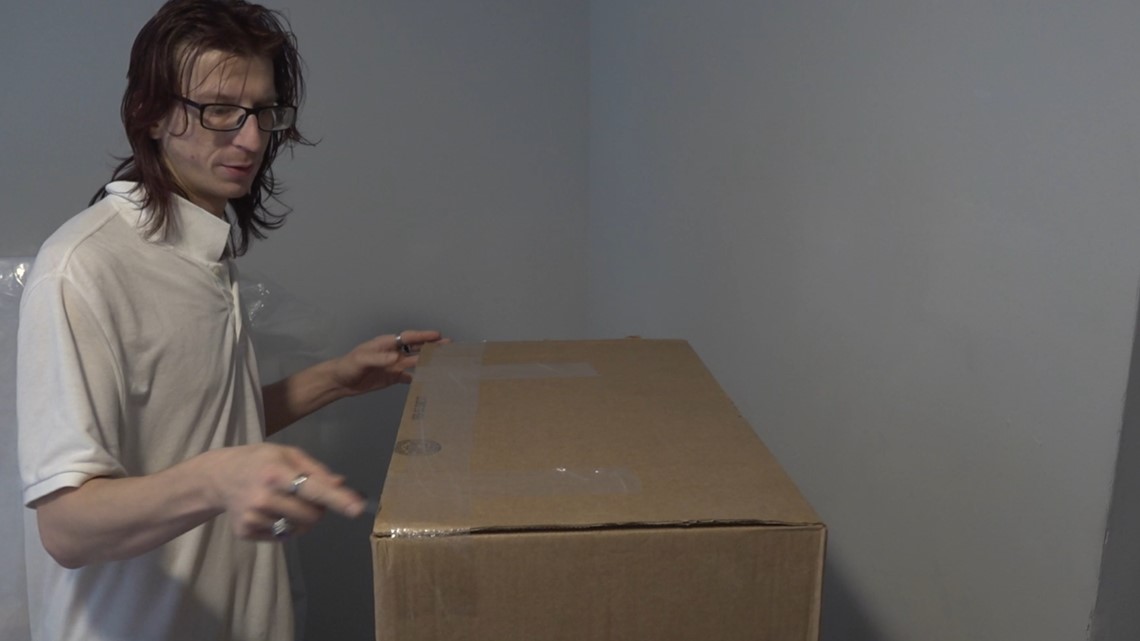
“I’m going to be honest and straightforward, I don’t make enough money to pay this rent by myself,” said Brandon, concern clear in his voice.
Brandon has built himself a home: that was the first challenge. But he knows the next one is staying there.
Each client will have a caseworker for one year to work through those challenges, connecting them with services and helping to coach them toward independence.
Partners for Home helped with a similar program during the pandemic assisting 1,909 households access housing. Of those that received financial support, about a third of those are still receiving some kind of assistance one year after they entered the program.

